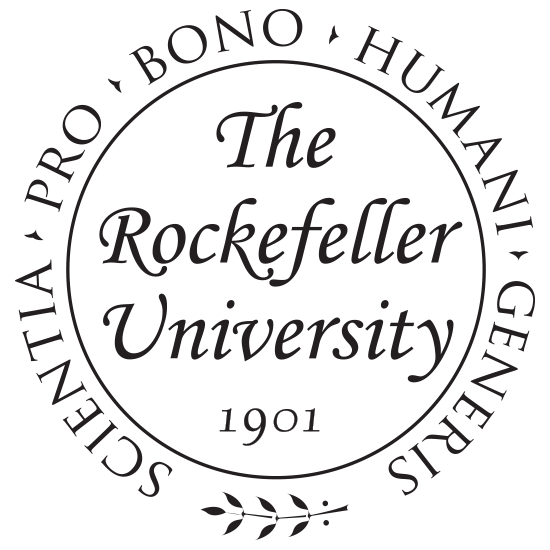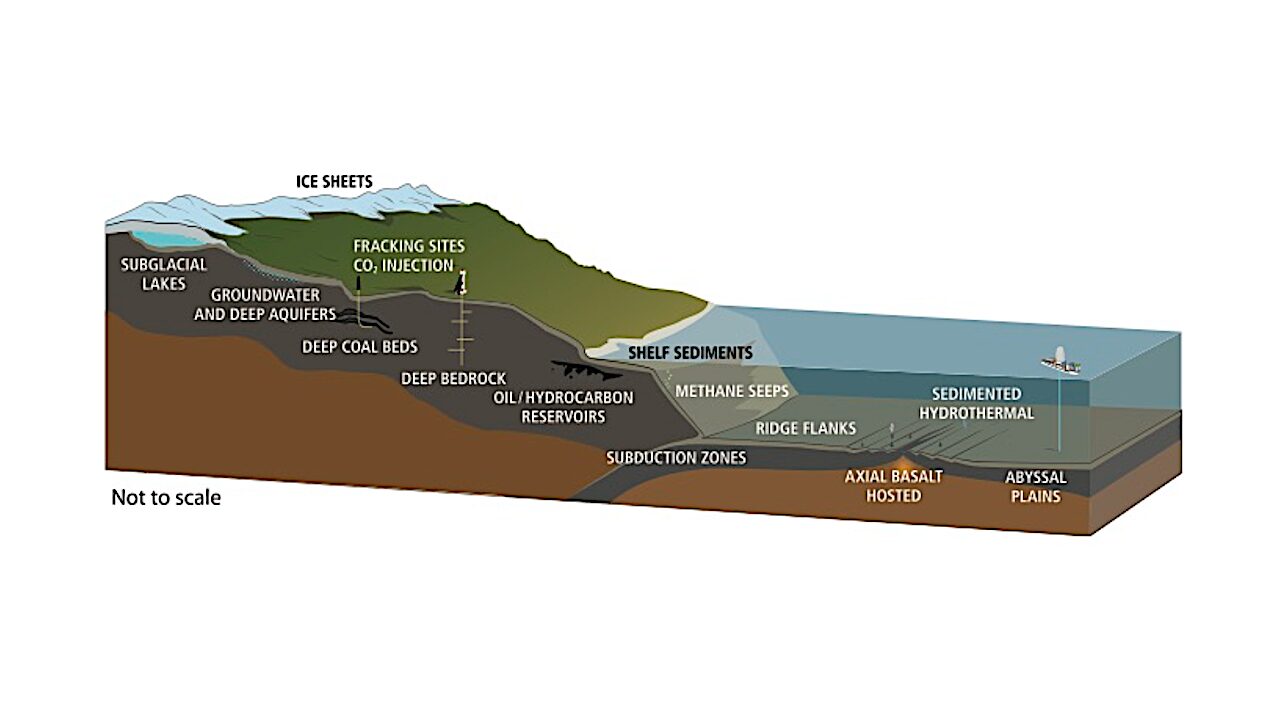In a significant shift aimed at maintaining the integrity of academic publishing, arXiv has introduced mandatory peer review for submissions in its computer science categories. This decision comes as a response to a surge in AI-generated papers flooding the platform, which has long served as a key resource for researchers in physics, mathematics, and computer science. Effective immediately, authors must now provide evidence of prior peer review, such as acceptance letters from established journals or conferences, before submitting their work.
The move stems from growing concerns among academics about the quality of content on arXiv, particularly regarding AI-related topics. Critics have voiced worries that without such measures, the platform risks becoming overwhelmed with low-quality submissions that could undermine genuine research. Reports from 404 Media indicate a dramatic rise in AI-assisted content following the advent of sophisticated language models, with some users submitting multiple AI-generated papers daily. These submissions often exhibit repetitive structures and factual inaccuracies, yet evade initial moderation due to their seemingly coherent presentation.
Moderators at arXiv, who rely on volunteer experts and automated checks, have struggled to manage the influx of submissions. A recent study highlighted in Originality.AI analyzed over 13,000 papers submitted post-ChatGPT and found a marked increase in AI-generated content. This raises significant concerns about authenticity and the potential for misleading claims to influence funding and policy decisions.
Debate Among Researchers
The introduction of these new rules has sparked a lively debate within the research community. Supporters, including prominent AI ethicists, view this as a necessary step to mitigate misinformation. A computer science professor commented, “We’ve seen how AI can amplify noise in the system,” highlighting sentiments shared on platforms like Slashdot, where users reported that arXiv appeared “overwhelmed” by the volume of submissions. Some categories on the platform have reportedly seen submission rates double in the past year.
Conversely, critics express concerns that the new policy could hinder innovation. Independent researchers and those from under-resourced institutions often rely on arXiv for the rapid dissemination of their findings. In fast-evolving fields like artificial intelligence, where timely insights can be crucial, the requirement for prior vetting may delay the sharing of significant breakthroughs. While arXiv’s guidelines stress the importance of self-contained, relevant work, the prevalence of AI-generated spam has necessitated a reevaluation of what constitutes valuable submissions.
Future of Open Science
Looking to the future, arXiv’s policy change reflects broader tensions in the open science movement amidst the rise of AI technology. Similar challenges have emerged in other academic repositories, prompting discussions about the need for advanced detection tools. For instance, Paper Digest monitors influential AI papers on platforms like arXiv, emphasizing how the influx of spam can dilute visibility for impactful research.
Industry experts suggest that integrating AI-driven plagiarism detectors or requiring disclosures about generative tool usage could be beneficial. Such measures align with emerging regulations, such as the EU’s AI Act, which may set global standards for academic publishing.
Ultimately, this policy adjustment marks a crucial juncture for academic platforms operating in the era of advanced AI. By prioritizing quality over quantity, arXiv aims to preserve its reputation as a cornerstone of scholarly communication, while navigating the challenges presented by rapid technological advancements. The lesson for the academic community is clear: as AI tools become increasingly accessible, maintaining human oversight is essential to distinguish valuable contributions from mere noise in the quest for knowledge.







